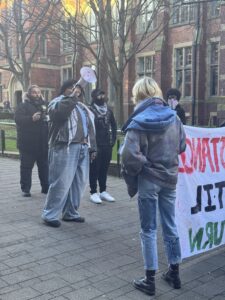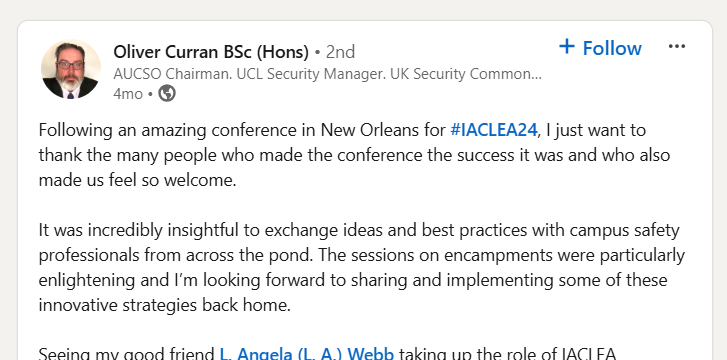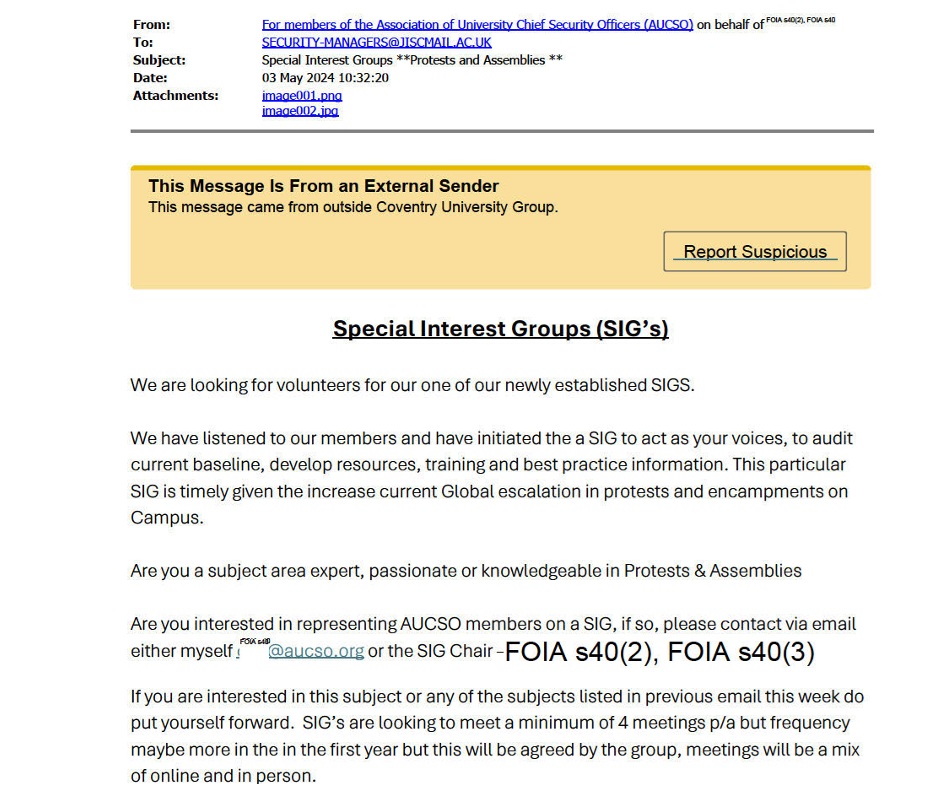Gaza protests: UK uni leaders reassured campus security chiefs fearing backlash after US crackdown, email reveals
Published on 22 February 2025
Pro-Palestinian protesters at Tufts University set up a tent encampment to protest the war in Gaza. Heidi Besen / Alamy Stock Photo

A UN expert said it was “disturbing” to learn that the increasingly “hostile environment” faced by student Gaza protesters was connected to lobbying efforts behind the scenes.
Reports Aaron Walawalkar and Harriet Clugston for Liberty Investigates, and Daniel Boffey for the Guardian.



